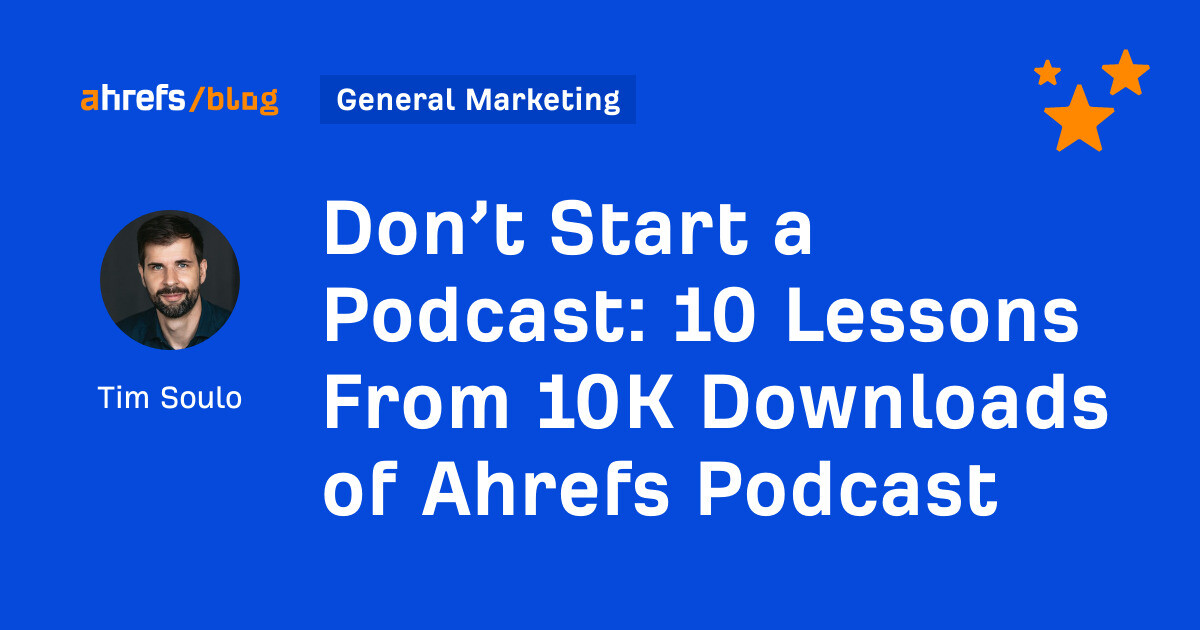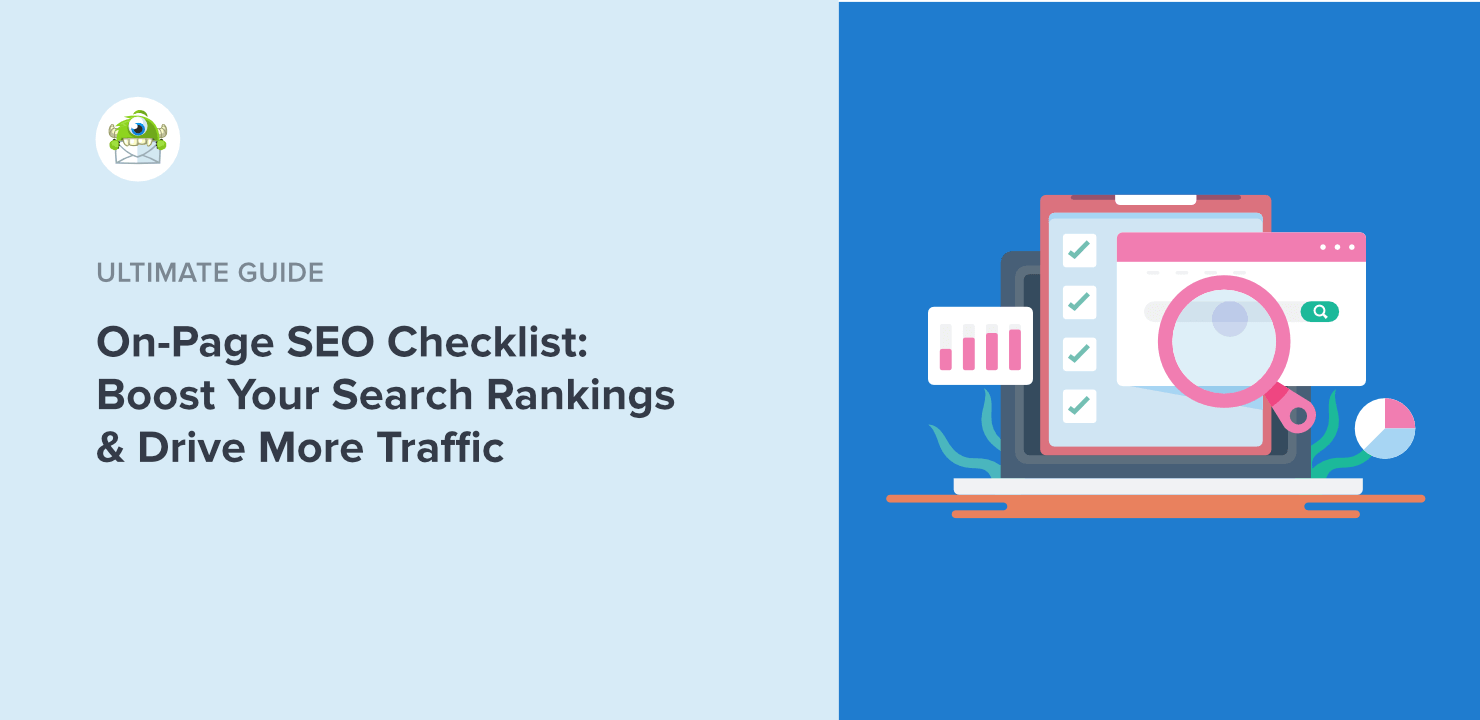If you are a blogger or a content creator, you know that SEO increases website visibility, traffic, and clients. However, learning SEO takes time and effort to rank higher on search results, but you don’t need to be an SEO expert to increase website traffic. In this article, I will reveal nine SEO strategies to rank higher on Google and increase your website traffic easily. You will learn how to increase website traffic in less than 10 minutes. Let’s get started!
On-Page SEO Techniques
On-page SEO strategy comprises optimizing website features to attract and retain the target audience. Improving the user experience and search engine rankings requires attention to all aspects, from metatags to content structure. On-page SEO focuses on creating a positive visitor experience, not only employing keywords.
Website style, design, and responsiveness significantly affect the user experience. Adapting on-page elements based on user behavior may increase engagement, page stays, and search engine results.
In this part, we examine complicated strategies to maximize website clicks. It focuses on user-centric content, image multimedia optimization, and mobile-friendly design. Learning about on-page SEO may increase website visibility, driving repeat visitors.
Using Long-tail keywords
Long-tail keywords aid in discovering digital niche markets in the vast internet knowledge. This section explores how long-tail keywords impact SEO. These audience-focused phrases go beyond keywords to connect with a particular target. Using long-tail keywords enables tailored search queries.
By understanding the objective of these inquiries, you may tailor content to specific needs, increasing relevance and resonance. Using long-tail keywords in your content may boost awareness and authority in your area. This section covers finding, studying, and using long-tail keywords to outperform online competitors.
Important Keyword Research
Keyword research guides your SEO strategy in the ever-changing digital landscape. Effective keyword research requires comprehensive market research, competitive analysis, and the intelligent integration of keywords into your content. What do your consumers want, and how can your content help them? That’s what you need to find out and search for the best keywords to appear in search results.
The goal is to attract visitors and establish your website as a clear leader for long-term success. This is only possible if you do good keyword research.
Optimizing Title Tags And Headlines
Title tags and headlines influence digital user attention. This section covers optimizing title tags and writing engaging headlines to improve search engine rankings. Search engines help consumers locate your site by including keywords in the main title tag.
Use a fascinating motto, slogan, or phrase before your business name to increase content recognition and attractiveness.SEO headlines should combine uniqueness and optimization. Learn how to create attention-grabbing headlines to improve your website’s search engine results. Optimizing title tags and headlines increases user engagement and search engine rankings.
Building A Compelling Meta-description
Located under the title, the meta-description is your website’s SEO gateway. This brief yet impactful sentence encourages further reading. A strong meta-description clarifies your content and encourages visitors to read more.
Use brevity and impact to create an engaging meta description that suits your content, promoting exploration and improving the user experience. An excellent meta-description goes beyond a summary. This increases website visibility and clicks, leading to higher search engine ranks.
Optimization Of Site Architecture And Url
In the digital world, site design and URL optimization are crucial due to short user attention spans. Improve website navigation by making crucial pages easily accessible. For a seamless and pleasant browsing experience, make vital sites three clicks from your homepage.
This research explores how URL structure impacts the user experience and search engine results beyond simplicity. A well-organized website design enhances accessibility and user retention. Understanding site structure and URL optimization enhances website exposure and accessibility in the competitive digital world.
Improved Website Speed
User engagement influences search engine rankings in the complicated SEO realm. A longer visitor stay on your site demonstrates engagement, which search engines reward with higher results.
Additionally, website speed must be improved. Slow-loading websites containing multimedia content may negatively impact the user experience and search engine rankings.
You need website speed optimization tactics to provide a fast user experience. You can check your website’s speed performance using Google Speed Insights for free.
Off-Page SEO Techniques
Growing Social Media Audience
In the ever-changing SEO environment, social media is essential. Google and other networks need a plan to establish a large, engaged following. To expand your social media following, create shareable content that resonates with your target demographic. Social media content may become viral and impact search results. Improve your online presence by aligning your content with these network-sharing dynamics. Social media boosts your online visibility and generates high-ranking links and remarks.
Join online communities
Expanding your SEO approach involves connecting with offline groups and organizations. You need to brand your website as an industry leader.
For example, if you have an online shop for yoga products, you can join yoga communities where you will find potential customers who will visit your website. These enhance your online presence by building trust and reputation, resulting in holistic SEO.
Guest Blogging For Backlinks And Traffic
Do you know how to increase website traffic quickly? doing the guest posting. But what exactly is guest posting? Guest blogging fosters strategic partnerships with other websites or blogs.
Doing guest blogging enables you to share your skills with a broader audience, not just for backlinks. Guest postings increase website exposure and provide quality backlinks for your website, which increases your traffic. Guest blogging enhances off-page SEO and establishes your website as an industry reference.
Conclusion
A good SEO technique mixes on-page and off-page SEO for long-term advantages. With a bit of time and basic SEO skills, you will learn how to increase website traffic, even if you are not an expert in digital marketing. If you want to learn more SEO strategies for free, visit our blog here.







1 comentario en “How To Increase Website Traffic: 9 SEO Strategies”
From start to finish, your content is simply amazing. You have a talent for making complex topics easy to understand and I always come away with valuable insights.